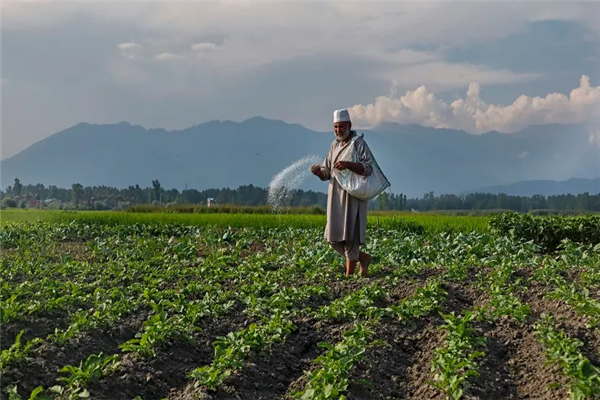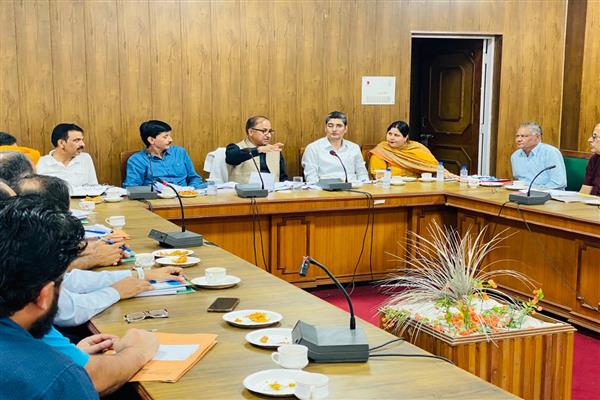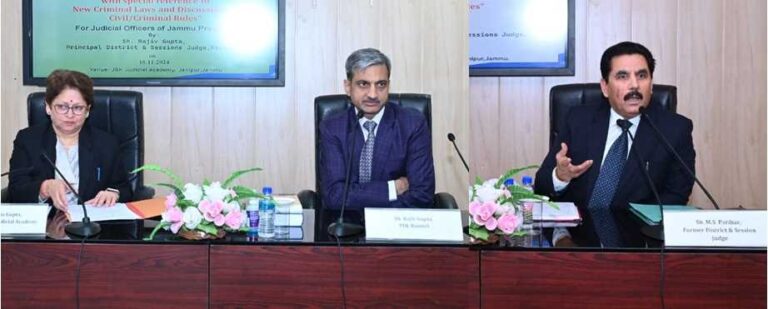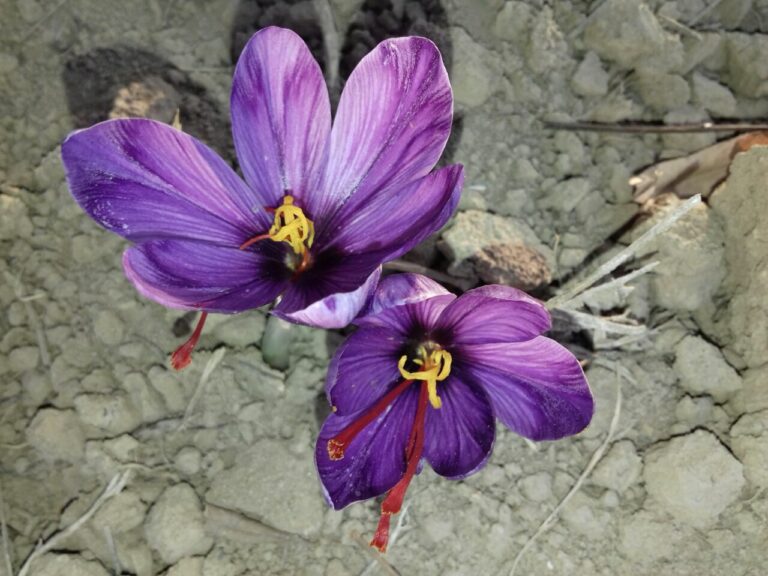Jammu and Kashmir Agriculture: Battling Food Deficit and Nurturing Growth
Jammu and Kashmir, now a Union Territory, boasts breathtaking natural beauty, but when it comes to food production, it faces a significant challenge. The region is food deficit, with a substantial disparity between the production of food grains and their consumption. To meet the dietary needs of its residents, Jammu and Kashmir must import approximately 7 lakh metric tonnes of food grains annually.
As of the end of the 2013-14 fiscal year, the Kashmir Division achieved food grain production of 9.9 lakh metric tonnes. However, despite this substantial output, the deficit remains alarmingly high at 21.70%, which equates to about 2.65 lakh metric tonnes of food grains. Several factors contribute to this ongoing food deficit in Kashmir.
Geography and Climate:
The geographical and climatic conditions in Kashmir Division present formidable challenges to agriculture. A significant portion of the region is mono-cropped, which limits the diversity of crops that can be grown. Harsh weather conditions and terrain further hinder agricultural productivity.
Fragmented Land Holdings:
Another key factor contributing to the food deficit is the prevalence of small and fragmented land holdings. These fragmented plots minimize the scope for mechanization and the implementation of modern agricultural practices, which are essential for boosting production.
Land Conversion:
The conversion of agricultural land for horticultural and other non-agricultural purposes exacerbates the deficit. The shift towards non-agricultural land use reduces the arable land available for food grain production.
In a concerted effort to narrow the food deficit gap, the Agriculture Department of Jammu and Kashmir has been working tirelessly to enhance food crop production in the region. Several Centrally Sponsored Schemes have been put into action to incentivize farmers to adopt the latest agricultural technologies and best practices, all aimed at increasing production.
In recent years, the Agriculture Department has achieved remarkable success in enhancing the production levels of crucial crops such as paddy, maize, vegetables, and saffron. This achievement not only boosts food security but also improves the economic condition of local farmers. However, the journey towards self-sufficiency is ongoing, and there is much more work to be done to ensure a prosperous and food-secure future for the Union Territory.
Efforts are being made to further refine the implementation of agricultural schemes and strategies to bolster the agricultural sector. The aim is not only to reduce the deficit but also to help the region thrive agriculturally, leveraging its unique natural assets and overcoming the challenges that have long stood in the way of food security in Jammu and Kashmir. With determination and a strategic approach, the future holds the promise of a more self-sufficient and food-secure Union Territory.
You May Like






